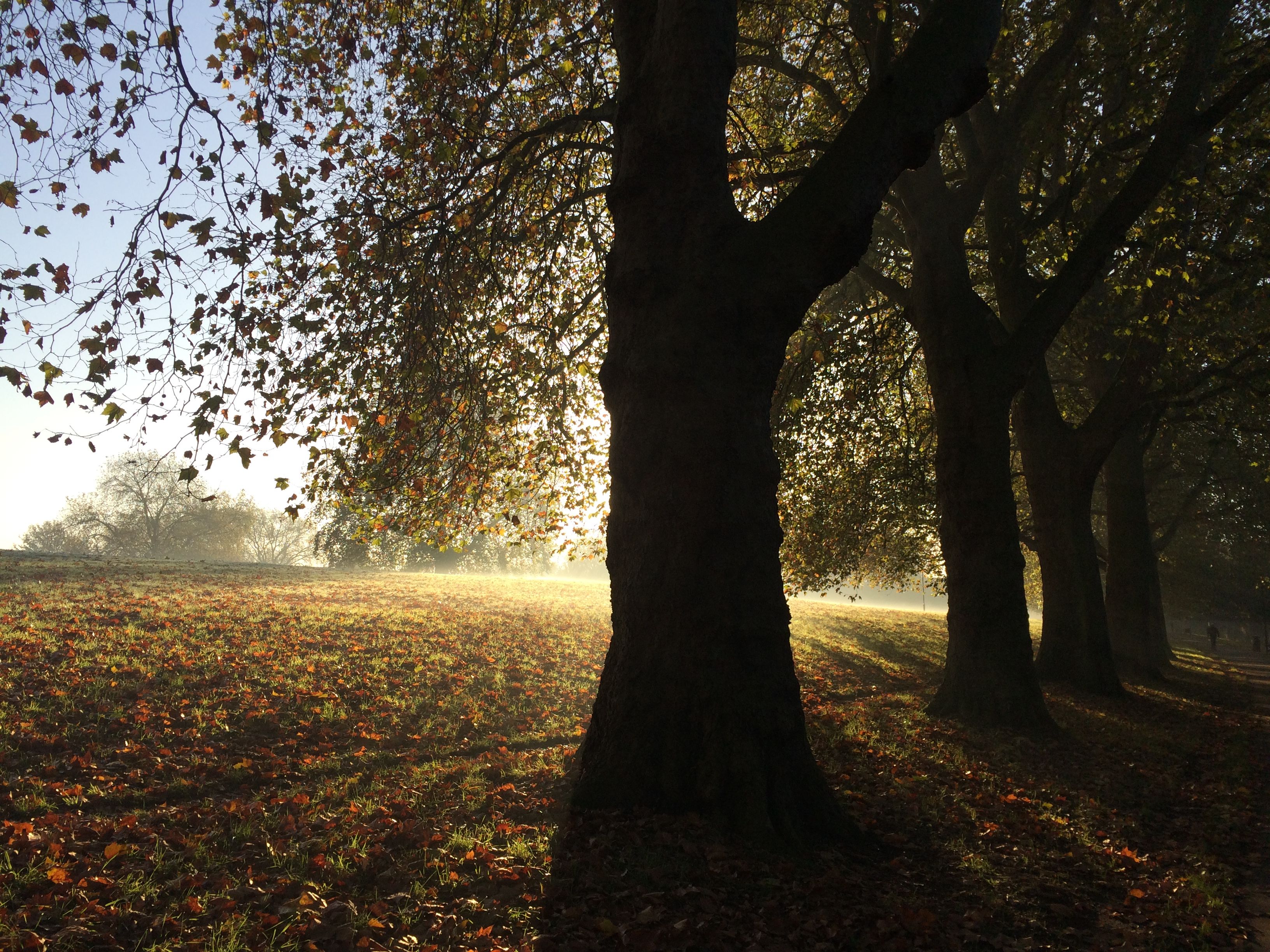A ten year study commissioned by the UK Government has concluded that parks and public spaces are vital for our physical and mental well-being.
But it's not just visiting parks that is important, it's the quality of what people find when they get there and how they interact with it.
Nature connectedness is a measureable pyschological construct which describes a person's relationship with the natural world; their sense of themselves and their place in nature. Improving these connections is one of the UK Government's ambitions set-out in its 25 year Environment Plan and forms part of one of the UN's seventeen Sustainable Development Goals (SDG11 - Make cities and human settlements inclusive, safe, resilient and sustainable - see 11.7universal access to green and public spaces).
The importance of nature connectedness has been underlined by the heavy use parks and public spaces by people seeking exercise, comfort and solace during the coronavirus lockdown.
A breakdown of people by age found that children aged 7 to 12 years had a high nature connectedness score. Those aged 13 to 21 scored lower. There was then a steady climb in scores from the age of 22 to 40 where things plateau for a while before rising again at retirement age 61 to 70.

This means families with children have a high score and a high presence in parks, teens and young adults drift away, but return later in life.
The study also found that people with a high nature connectedness score are also more likely to recycle, favour active travel instead of cars, buy eco-friendly products and are generally more engaged with environmental campaigning and the quality of their environment.
Council's have welcomed the study, published in March 2020 and see it as a way to encourage active citizens more likely to volunteer in times of crisis, adding to local resilience in emergencies.
Yet another positive argument for investing more in our parks and public services. The full report is available as a pdf download from Natural England.



